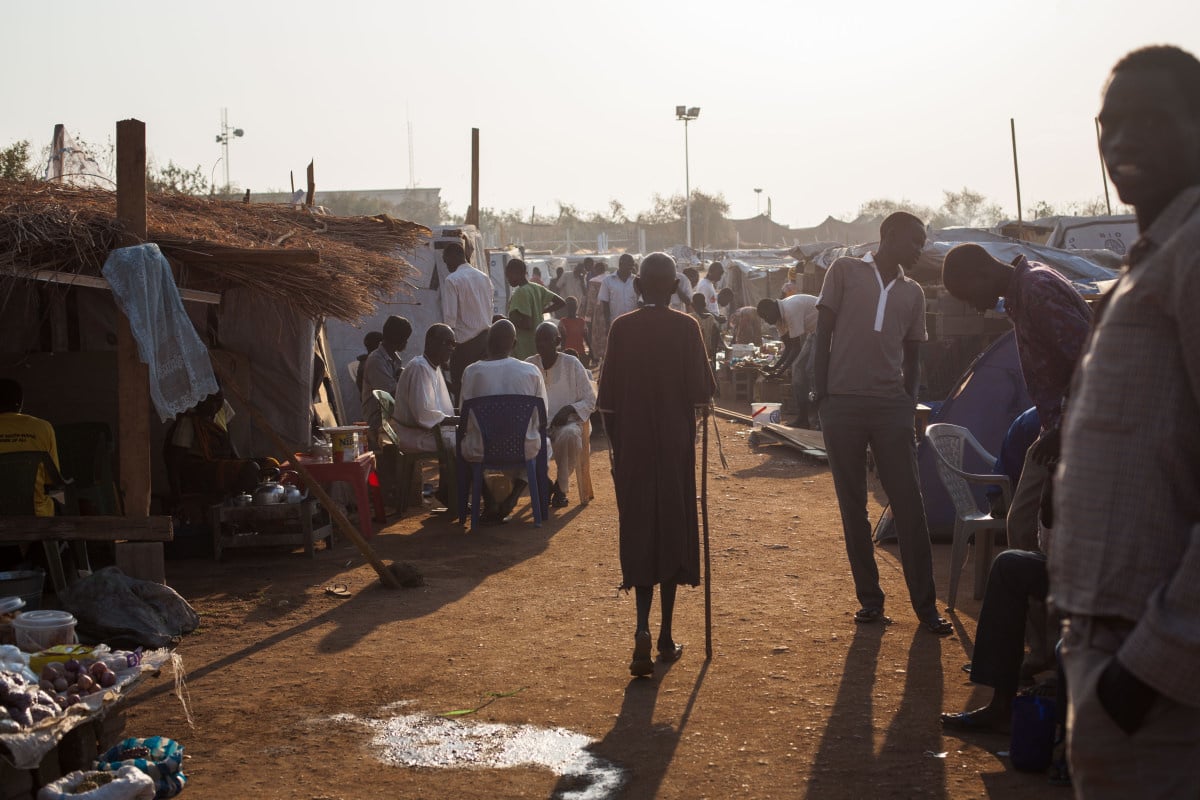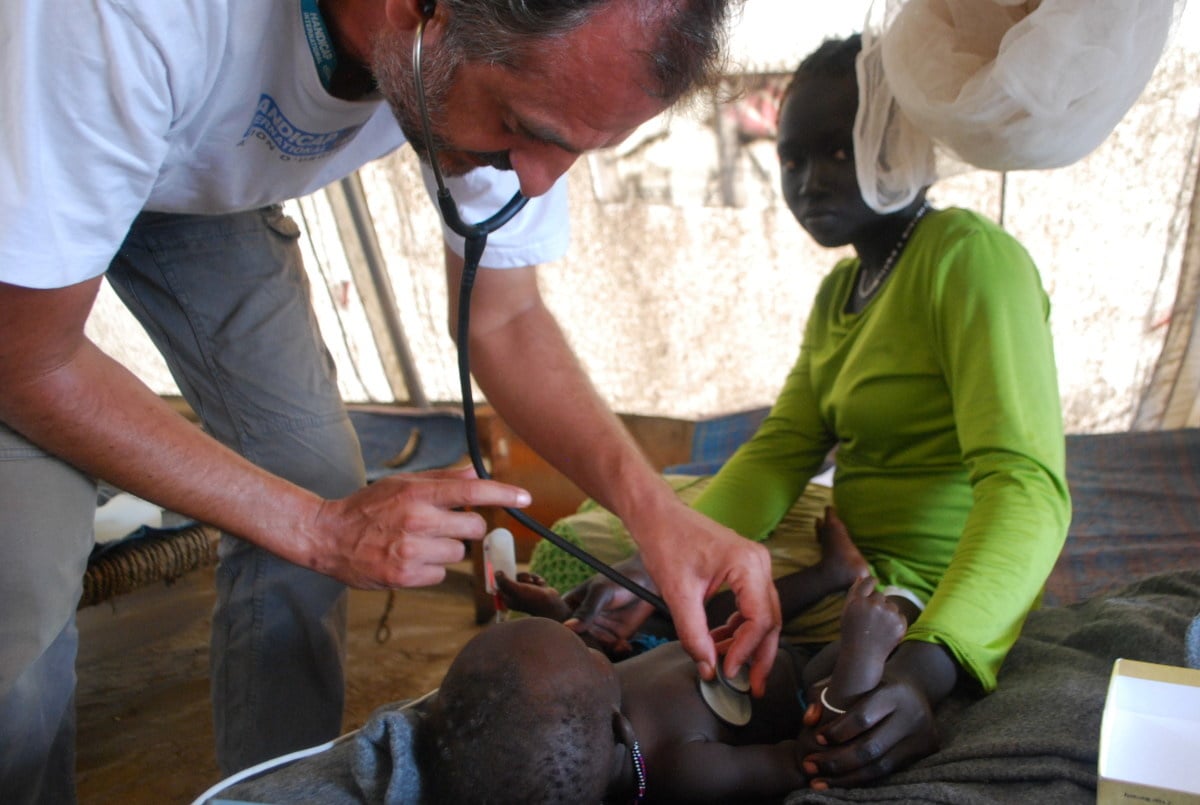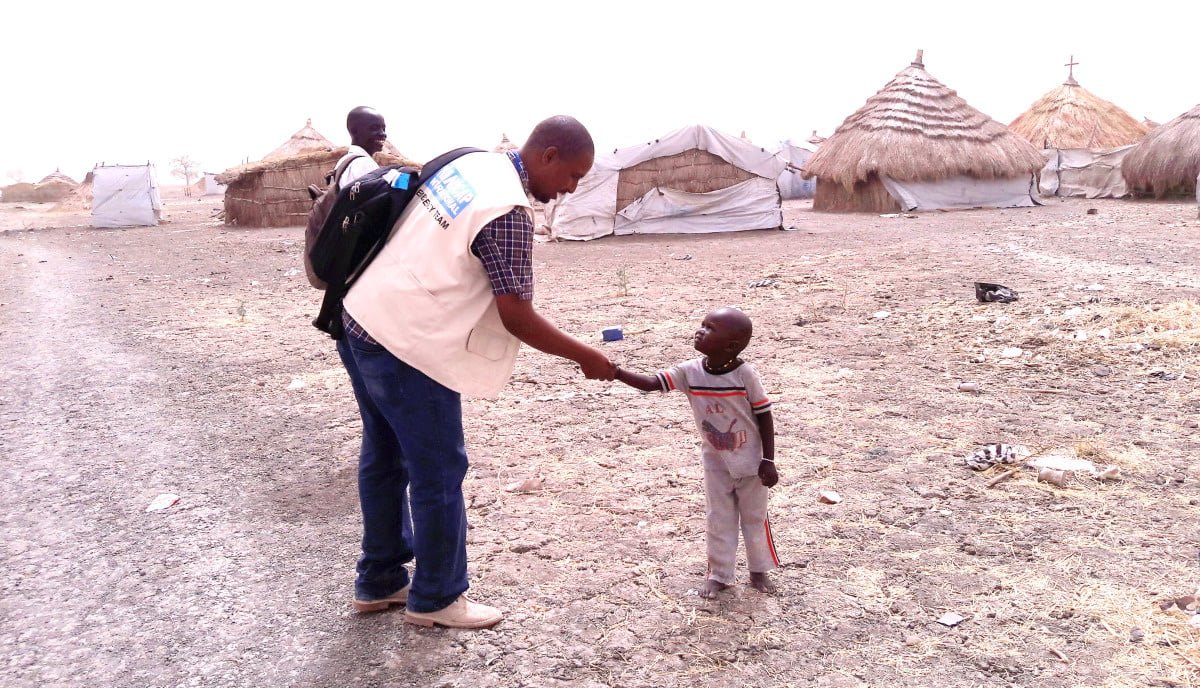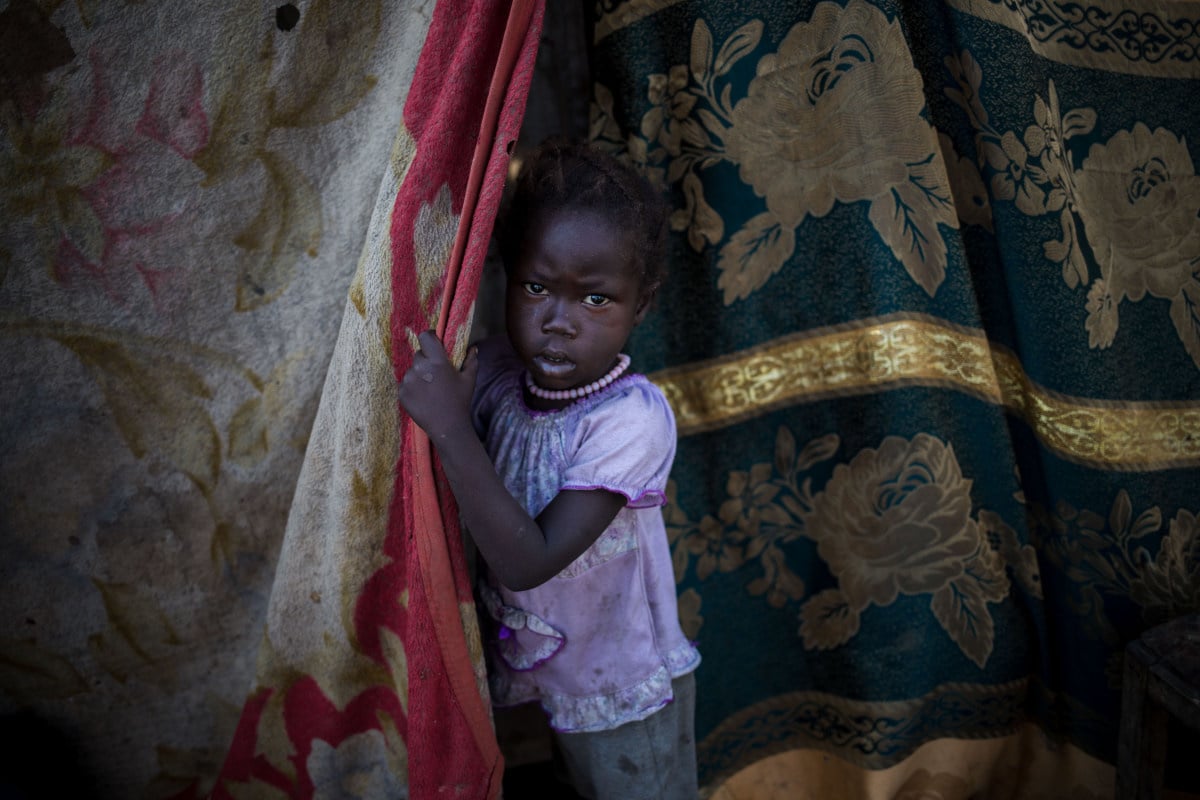The United Nations has stressed that this crisis is on an unprecedented scale. What does this mean for humanitarian actors on the ground?
 Xavier Duvauchelle: It is difficult to comprehend the extent of suffering across the region right now. 20 million people in South Sudan, Somalia, Yemen and Nigeria, are facing critical levels of food insecurity. This is a terrifying number – the equivalent of a third of the population of France.
Xavier Duvauchelle: It is difficult to comprehend the extent of suffering across the region right now. 20 million people in South Sudan, Somalia, Yemen and Nigeria, are facing critical levels of food insecurity. This is a terrifying number – the equivalent of a third of the population of France.
Every day, for months, each of these 20 million people has been trying to find enough food to sustain themselves and their loved ones. Tragically, in some areas people are already dying from starvation and related diseases.
Our teams in East Africa are genuinely afraid because we all remember the food crisis in 2011 that caused 271,000 deaths. All of the statistics and our own experiences on the ground indicate that we are now facing a much larger disaster. I would say that without drastic intervention we will witness a level of human suffering unlike anything we have seen for the past 70 years.

© Camille Lepage / Handicap International. Archive image: IDP camp Juba, South Sudan, 2014.
Is the emergency response to a food crisis simply a case of food distribution?
In crisis situations, we know that some people struggle more than others and can quickly become extremely vulnerable. When food is scarce, those most at risk of malnutrition and other complications include people with physical or intellectual disabilities, older people, babies, and pregnant women.
Take the example of somebody who has problems with mobility. To leave their home and travel long distances is much harder and they may need to use any savings they have for transport. Frequently, they will become separated from people in their community who know how to help or care for them. Once in a place of safety, they may not be able to stand for long periods to queue for food assistance or to pump and carry water.
Handicap International understands the specific needs of vulnerable people in crisis situations and our expertise is valuable to partners coordinating the humanitarian response. We are implementing simple but efficient changes such as making sure that water points can be used by people with reduced mobility and training aid workers to identify and support people with additional needs. It is essential that people most at risk are not forgotten or left behind.

© Hans Maesen / Handicap International?. Archive image: malnourished child, South Sudan, 2012.
With 20 million people at risk, how do you prioritise your activities?
The needs and challenges in each country and each region vary greatly so we always evaluate our interventions based on the greatest need and in coordination with others.
As an example, we have seen an unprecedented rise in the numbers of South Sudanese refugees arriving in Northern Uganda and Western Ethiopia in recent months. We are particularly concerned about the numbers of children under 5 who are arriving in a state of severe and acute malnutrition. These children are at extremely high risk of infection and their growth and cognitive development can be stalled.
This is why we have sought emergency funding in order to bring a physical stimulation project to the area. We will provide specially trained physiotherapists to work in partnership with other medical professionals to ensure that each baby and child affected has the best chance of a full recovery.
East Africa Food Crisis appeal
Stand with disabled and vulnerable people facing imminent famine. Please donate today

© Deng Bol Malith / MTT - Mobile Theater Team. Flying team visiting a displaced persons camp in South Sudan, 2016.
?Handicap International is one of few NGOs present in South Sudan. Can you describe the situation there and the work you are carrying out?
The situation in South Sudan is currently extremely dangerous and all humanitarian groups are facing huge security issues to reach people in need. Roads are impassable in certain conditions and armed groups pose a very real threat to humanitarians.
To respond to the situation as it evolves and to cover as many areas as possible, Handicap International operates a ‘flying team’. This is a team of professionals specialising in a wide range of different areas, such as rehabilitation and psychosocial support. They are able to visit camps for displaced people and to work in collaboration with other organisations.
Despite the challenges, the team is able to reach people in need and to link them with appropriate services. Their work providing mobility aids and ensuring fair access to food, water and healthcare is making a positive difference for people who have been uprooted from their homes.

© Camille Lepage / Handicap International. Archive image: IDP camp, Juba, South Sudan, 2014.
Based on your experience and recent assessments in the affected countries, what is the outlook for this crisis?
It seems clear that the situation is going to deteriorate in the coming months for several reasons. Firstly, in the Horn of Africa region, the 2nd rainy season has just started, several weeks late, and is unlikely to be enough to drive sufficient food production.
Secondly, one of the major causes of the shortage of food is conflict. Hundreds of thousands of people are fleeing from violence in South Sudan, Somalia and Nigeria. These individuals have left behind their land, their animals, and their jobs, meaning that they are not able to produce their own food or to generate income to buy it.
Unfortunately, there are no indications that these conflicts will abate in the short term, meaning that massive numbers of food-dependent individuals will be displaced. 1 million refugees from South Sudan are expected to be settled in Uganda by the end of 2017, for example.
And finally, this situation is likely to get worse because the international response has been too slow. We have known about these trends and risks for many, many months, but the crisis has struggled to gain attention. The UN called for $4.4 billion in March and only 21% has been raised so far. This might seem like a distant or political problem but, to be very clear, without this money for emergency assistance, many people will die.
Interview with Xavier Duvauchelle, Desk Officer East and Southern Africa, 19th April, 2017.


 Xavier Duvauchelle: It is difficult to comprehend the extent of suffering across the region right now. 20 million people in South Sudan, Somalia, Yemen and Nigeria, are facing critical levels of food insecurity. This is a terrifying number – the equivalent of a third of the population of France.
Xavier Duvauchelle: It is difficult to comprehend the extent of suffering across the region right now. 20 million people in South Sudan, Somalia, Yemen and Nigeria, are facing critical levels of food insecurity. This is a terrifying number – the equivalent of a third of the population of France.






